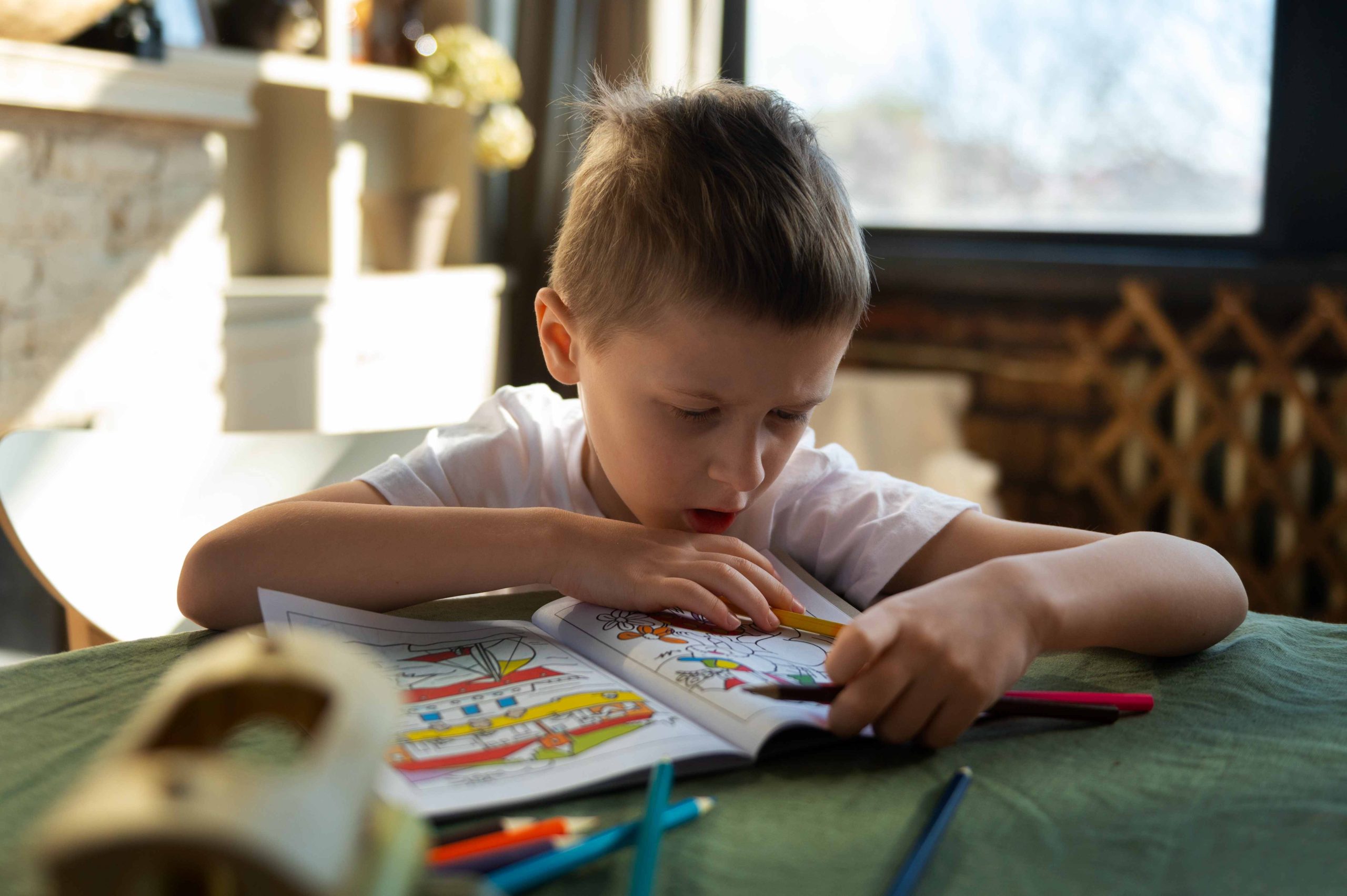
Enhancing Concentration Skills in Preschoolers: A Path to Success
The Benefits of Strong Concentration Skills
Preschoolers with well-developed concentration skills reap numerous benefits that lay a solid foundation for future achievements. When preschoolers can concentrate effectively, they are better equipped to:
Strategies for Enhancing Concentration Skills
The Role of Parental Support and Engagement
Parental support and engagement play a vital role in enhancing preschoolers’ concentration skills. Here are some ways parents can contribute to their child’s development:
The Role of Educators in Developing Concentration Skills
Educators play a significant role in supporting the development of concentration skills in preschoolers. Here are some strategies educators can implement:
The Role of Technology in Enhancing Concentration Skills
When used thoughtfully, technology can serve as a valuable tool in developing concentration skills in preschoolers. Here are some ways technology can be utilized:


